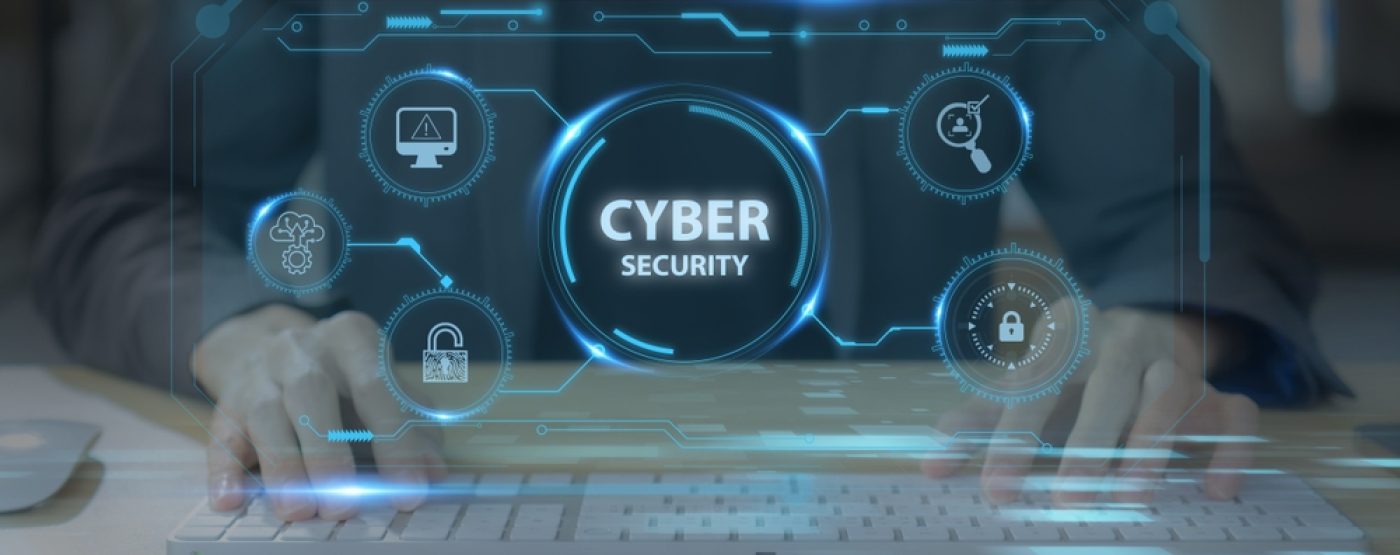
In our current hyper-connected world, questions such as “Why do businesses need strong security?” have never been more urgent. Every click, every email, and every piece of data that is shared online carries its own potential risks. And as more organisations switch to digital platforms, the need for robust cyber security systems has moved way beyond a mere precautionary measure. It is now a business necessity. With that in mind, let us delve into why effective security matters, including strategies to achieve it.
For many reasons, cyber security is no longer just a tech concern. It’s become a business essential. Especially with the ongoing war in Ukraine increasing global cyber threats and organisations shifting towards remote work, however, the digital world is more vulnerable than ever.
This makes it critical to understand what is cyber security, as personal devices, home networks, and flexible work setups have opened new doors for cybercriminals. And, if we put it bluntly, size really doesn’t matter. Most small businesses are often the first targets for online attackers, before moving on to the larger organisations.
Even a single breach can easily cause major financial loss and downtime, not to mention the reputational damage and legal consequences that it’ll bring. In fact, very few businesses ever fully come back after such serious attacks. That’s why having strong cyber security measures is necessary.
In several ways, experts suggest investing in efficiently managed business antivirus software can be helpful to stay secure from cyberattacks. This includes:
Spam emails try to collect your personal data, while phishing takes it a step further by pretending to be sent from a trustworthy source. Both tactics can infect users’ devices with malicious software or trick them into revealing sensitive information.
However, malware refers to malicious software designed for illegal activities. From stealing sensitive data to encrypting or deleting it completely, malware can work quietly in the systems, causing damage before you even know it’s there.
Often sent through spam, trojan horses are another form of virus that are hidden in devices, like computers, that can be used to access private files or steal money.
Ransomware is a kind of malware that locks your computer, files, or browser. However, the attackers can ask you to pay money to get access back.
Usually, pop-up adware appears harmless, but it can pose serious risks to your IT system. Especially in the background, it may secretly install spyware or other malicious software on your device.
In such cases, having antivirus software helps protect you by scanning for anything suspicious, keeping backups, and watching for signs of an attack.
Regardless of business size, whether big or small, cyber threats can pose many risks. Even a minor breach can bring severe consequences. For example:
|
Impact |
Overview |
|
Financial Losses |
Include immediate costs like hiring cybersecurity experts, restoring systems, and potential ransom payments. |
|
Operational Disruptions |
System outages and data loss can affect business operations and delay service delivery. |
|
Legal Consequences |
Cyberattacks may lead to lawsuits, regulatory penalties, or investigations for non-compliance. |
|
Reputation Damage |
A breach can break trust with customers, partners, and investors, damaging the brand’s reputation. |
As reliance on technology and the internet grows, cyber threats are becoming sophisticated and frequent. Therefore, businesses and organisations require robust cybersecurity strategies to protect themselves. Some of them can be:
A strong cybersecurity strategy begins with risk assessment. Identify potential threats, vulnerabilities, and impacts, helping prioritise efforts as well as allocate resources effectively.
Furthermore, make comprehensive and clear security policies that outline the proper use of devices, roles and responsibilities of employees, including steps to deal with during a security incident.
Focus on total network security and endpoints with firewalls, anti-malware, secure Wi-Fi, and regular software updates to fix vulnerabilities.
Implement strong access controls that allow limited people access to your sensitive data and systems. Moreover, establish multi-factor authentication, role-based access controls and regular audits to minimise unauthorised logins.
As an extra layer of security, encryption makes it difficult for infiltrators and attackers to gain access to your sensitive data, such as employees’ profiles, transaction details, etc. Encrypt crucial information at rest and in transit to secure it from unknown logins and potential breaches.
In addition, it is vital to regularly assess the cybersecurity posture of your third-party vendors, as they too can expose your organisation to several vulnerabilities.
As cyber threats become more advanced, investing in robust security measures has become more of a necessity. In particular, it is essential for businesses to safeguard their sensitive information, maintain customer trust, and ensure compliance with regulations. This not only helps mitigate risks but also fosters innovation and growth, achieving long-term success.